Politics
Russian and Ukrainian Athletes Inexorably Move Toward Confrontation
August 21, 2023
- Yuriy Marin
Digital Media Producer and Journalist
Yuriy Marin on how relations between Ukrainian and Russian athletes have evolved since Russia's 2022 invasion and how Ukrainian sport bureaucrats have gotten involved.
Olha Kharlan. Source: Wiki Commons
By July 2023, the Russia-Ukraine war had entered a stalemate. The Ukrainian counteroffensive proved unsuccessful, and another attack on the Crimean bridge ceased to be a sensation literally the day after. At the end of July, Ukrainian fencer Olga Kharlan, having made a symbolic gesture at the World Championships in Italy, became the center of attention of the world media. In the tournament, she ended up facing Russian Anna Smirnova, and at the end of the match Kharlan violated the protocol by refusing to shake her hand. The violation is considered serious, and the Ukrainian was suspended from further competing in the tournament.
Most likely, it was the suspension that turned Kharlan’s gesture into a global sensation and her into a national hero in Ukraine. Ukrainian athletes have refused to shake hands with Russians before (for example, tennis player Angelina Kalinina last summer ), but until Kharlan no one had been suspended from a competition (“I screamed in pain,” Kharlan shared in a video message).
The act of the Ukrainian fencer again sparked a discussion about the appropriateness of civic and political activism in sports. For Ukrainians, the answer is clear, while Russians predictably hold the opposite view (“no politics in sports”). Still, the voiced positions and their tone took shape over time – until quite recently, athletes could decide whether or not to express their political views, and could speak out from very different positions.
Before the war
Among those who closely follow the Russia-Ukraine conflict, there is a widespread view that the war should be considered as having begun not on February 24, 2022, but in spring 2014, when the Russian military occupied Crimea. It was the question of who Crimea belongs to that for many years was the litmus test of any public person, and athletes were no exception.
By that time, the Kremlin had already managed to coopt all the sports stars in Russia, and they broadcast the state’s point of view in unison (or they simply refused to answer questions).
Most likely, it was the suspension that turned Kharlan’s gesture into a global sensation and her into a national hero in Ukraine. Ukrainian athletes have refused to shake hands with Russians before (for example, tennis player Angelina Kalinina last summer ), but until Kharlan no one had been suspended from a competition (“I screamed in pain,” Kharlan shared in a video message).
The act of the Ukrainian fencer again sparked a discussion about the appropriateness of civic and political activism in sports. For Ukrainians, the answer is clear, while Russians predictably hold the opposite view (“no politics in sports”). Still, the voiced positions and their tone took shape over time – until quite recently, athletes could decide whether or not to express their political views, and could speak out from very different positions.
Before the war
Among those who closely follow the Russia-Ukraine conflict, there is a widespread view that the war should be considered as having begun not on February 24, 2022, but in spring 2014, when the Russian military occupied Crimea. It was the question of who Crimea belongs to that for many years was the litmus test of any public person, and athletes were no exception.
By that time, the Kremlin had already managed to coopt all the sports stars in Russia, and they broadcast the state’s point of view in unison (or they simply refused to answer questions).
“There was no such unanimity among Ukrainian athletes: many quite openly recognized the fact of Crimea being controlled by Russia.”
Oleksandr Usyk. Source: Wiki Commons
The most famous athlete who shared this view was heavyweight boxer Oleksandr Usyk, who bluntly stated that he did not separate the peoples of Russia and Ukraine and admitted that “you cannot go to Crimea without crossing the border.” In 2020, together with another Ukrainian boxer Vasiliy Lomachenko, he became the hero of a video shot by the YouTube channel of Russia’s Korsunskaya Pustyn Monastery about the unity of the peoples of the countries now at war.
At the 2016 Olympic Games in Rio de Janeiro, due to a doping scandal the Russian team was subjected to systematic sanctions for the first time: no athletes were allowed to compete, with the exception of Daria Klishina, who lives and trains in the US. Russian athletes then became a target for ostracism, and among the few who dared to publicly support them were their peers from Ukraine. Gymnasts Nikita Nagorny (Russia) and Oleg Vernyaev (Ukraine) published a joint photo, stating that their gesture is an example of what relations between athletes from the warring countries should be like. In April 2022, Vernyaev joined the Ukrainian army.
Many athletes continued to openly be friends until February 24, 2022. For example, at the 2022 Winter Olympics in Beijing, Ukrainian Alexander Abramenko and Russian Ilya Burov won, respectively, silver and bronze medals in ski acrobatics, and hugged before the awards ceremony. This was not their first meeting: four years before, at the games in Pyeongchang, both were also on the podium and welcomed each other’s success. In Ukraine, the latest gesture was received with hostility, but there was really no time to discuss it – just a week later, Russia’s full-scale invasion began.
At the 2016 Olympic Games in Rio de Janeiro, due to a doping scandal the Russian team was subjected to systematic sanctions for the first time: no athletes were allowed to compete, with the exception of Daria Klishina, who lives and trains in the US. Russian athletes then became a target for ostracism, and among the few who dared to publicly support them were their peers from Ukraine. Gymnasts Nikita Nagorny (Russia) and Oleg Vernyaev (Ukraine) published a joint photo, stating that their gesture is an example of what relations between athletes from the warring countries should be like. In April 2022, Vernyaev joined the Ukrainian army.
Many athletes continued to openly be friends until February 24, 2022. For example, at the 2022 Winter Olympics in Beijing, Ukrainian Alexander Abramenko and Russian Ilya Burov won, respectively, silver and bronze medals in ski acrobatics, and hugged before the awards ceremony. This was not their first meeting: four years before, at the games in Pyeongchang, both were also on the podium and welcomed each other’s success. In Ukraine, the latest gesture was received with hostility, but there was really no time to discuss it – just a week later, Russia’s full-scale invasion began.
Yaroslava Mahuchikh (right) with Maria Lasitskene (center).
Tokyo Olympics, 2021. Source: Wiki Commons
Tokyo Olympics, 2021. Source: Wiki Commons
Code of conduct for Ukrainian athletes
At first, such gestures were not noted in Ukraine (despite the annexation of Crimea and long-going hostilities in the country’s southeastern regions, pro-Russia positions were still not a marginal phenomenon), but over time pressure began to be exerted on athletes who took an apolitical stance.
The most famous episode was the public criticism of high jumper Yaroslava Mahuchikh after a joint photo with Russian Maria Lasitskene at the Olympic Games in Tokyo. Then, Lasitskene won the gold medal and was congratulated by her Ukrainian rival, which caused a mixed reaction in social networks and was criticized by Ukrainian politicians. Interestingly,
At first, such gestures were not noted in Ukraine (despite the annexation of Crimea and long-going hostilities in the country’s southeastern regions, pro-Russia positions were still not a marginal phenomenon), but over time pressure began to be exerted on athletes who took an apolitical stance.
The most famous episode was the public criticism of high jumper Yaroslava Mahuchikh after a joint photo with Russian Maria Lasitskene at the Olympic Games in Tokyo. Then, Lasitskene won the gold medal and was congratulated by her Ukrainian rival, which caused a mixed reaction in social networks and was criticized by Ukrainian politicians. Interestingly,
“In Ukraine, as in Russia, many sports clubs are affiliated with security agencies – in particular the armed forces – which is why both women have a military rank. It turned out that Ukrainian army sergeant Mahuchikh congratulated Russian army captain Lasitskene.”
The scandal led to a code of conduct being established for Ukrainian athletes. At the Tokyo Paralympic Games, which are held immediately after the Olympics, athlete Ihor Tsvietov won a silver medal. On the podium, he was with Russians Dmitri Safronov and Artem Kalashyan, but refused to take a joint photo. Six months later, at the Winter Olympics in Beijing, Ukrainian figure skater Ivan Shmuratko answered questions from the Russian media in English at a press conference, noting in particular that at the games he only speaks Ukrainian and English, and “is doing everything to be here.”
Still, among Ukrainian athletes there are those who took a tough anti-Russia position from the very beginning. For example, wrestler Bohdan Gritsyuk even challenged Oleksandr Usyk to a fight so that he “does not bring the ‘Russian world’ to us in Kyiv,” and already at the 2014 Paralympics in Sochi (held when Crimea was being annexed) some Ukrainian athletes covered up their medals with their hands at the awards ceremony).
Whereas unity was lacking among the athletes, sports officials were more consistent: in 2018, Ukraine’s then-Sports Minister Ihor Zhdanov banned athletes from participating in competitions in Russia, and in 2021 the head of the Ukrainian MMA Federation Volodymyr Teslya announced that Russian athletes would not be allowed to compete in the European Championship in MMA, to be held in Kyiv from November 5 to 9.
Ukrainian sports officials versus Russia
With the outbreak of the war, Russian athletes began to be denied invitations to international tournaments, while the country lost the right to compete in international competitions. Already in March 2022, in terms of the biggest international events Russia found itself isolated. Still, no one has dared to expel Russia’s sports federations from international bodies, and officials managed to protect the right of individual athletes from Russia to compete – especially in events held outside Europe.
In some cases, this ended in scandal: for example, at the 2022 Artistic Gymnastics World Cup in Doha, gymnast Ivan Kulyak was among the winners and went to the awards ceremony with the letter Z on his chest, for which he was deprived of the medal and fined.
For Ukrainian sports functionaries, the fight against Russians competing in international tournaments has become another front line. Many of the Eastern European countries immediately declared that they simply would not let Russian athletes on their territory. At first, some Western countries did likewise: for example, Great Britain did not allow tennis players from Russia to compete at Wimbledon. However, officials later managed to reach a compromise: Russians would be allowed to compete without Russia’s flag and anthem, but only singles players who have not offered public support for the war and do not represent clubs affiliated with security agencies.
Nevertheless, the Ukrainian Ministry of Sports continued to put pressure on international organizations, and in April 2022 banned its own athletes from competing in any championships where athletes from Russia and Belarus participate. This approach did not have the desired effect, and already at the beginning of the summer the wording had to be amended to prohibit Ukrainians from “forming official delegations.” So, Ukrainians again found themselves in the same tournaments with Russians.
The fight against pluralism of opinions within Ukrainian sports has also intensified.
Still, among Ukrainian athletes there are those who took a tough anti-Russia position from the very beginning. For example, wrestler Bohdan Gritsyuk even challenged Oleksandr Usyk to a fight so that he “does not bring the ‘Russian world’ to us in Kyiv,” and already at the 2014 Paralympics in Sochi (held when Crimea was being annexed) some Ukrainian athletes covered up their medals with their hands at the awards ceremony).
Whereas unity was lacking among the athletes, sports officials were more consistent: in 2018, Ukraine’s then-Sports Minister Ihor Zhdanov banned athletes from participating in competitions in Russia, and in 2021 the head of the Ukrainian MMA Federation Volodymyr Teslya announced that Russian athletes would not be allowed to compete in the European Championship in MMA, to be held in Kyiv from November 5 to 9.
Ukrainian sports officials versus Russia
With the outbreak of the war, Russian athletes began to be denied invitations to international tournaments, while the country lost the right to compete in international competitions. Already in March 2022, in terms of the biggest international events Russia found itself isolated. Still, no one has dared to expel Russia’s sports federations from international bodies, and officials managed to protect the right of individual athletes from Russia to compete – especially in events held outside Europe.
In some cases, this ended in scandal: for example, at the 2022 Artistic Gymnastics World Cup in Doha, gymnast Ivan Kulyak was among the winners and went to the awards ceremony with the letter Z on his chest, for which he was deprived of the medal and fined.
For Ukrainian sports functionaries, the fight against Russians competing in international tournaments has become another front line. Many of the Eastern European countries immediately declared that they simply would not let Russian athletes on their territory. At first, some Western countries did likewise: for example, Great Britain did not allow tennis players from Russia to compete at Wimbledon. However, officials later managed to reach a compromise: Russians would be allowed to compete without Russia’s flag and anthem, but only singles players who have not offered public support for the war and do not represent clubs affiliated with security agencies.
Nevertheless, the Ukrainian Ministry of Sports continued to put pressure on international organizations, and in April 2022 banned its own athletes from competing in any championships where athletes from Russia and Belarus participate. This approach did not have the desired effect, and already at the beginning of the summer the wording had to be amended to prohibit Ukrainians from “forming official delegations.” So, Ukrainians again found themselves in the same tournaments with Russians.
The fight against pluralism of opinions within Ukrainian sports has also intensified.
“Athletes who retained ties with Russia after February 24, or at least allowed themselves careless public gestures, were subjected to severe pressure.”
Anatoliy Tymoshchuk. Source: Wiki Commons
Figure skater Anastasia Shabotova was expelled from the national team by special decree after she liked the Instagram post of Yevgeny Plushenko, the famous Russian figure skater who has repeatedly professed support for the actions of Vladimir Putin.
Anatoliy Tymoshchuk, the record holder of the Ukrainian national soccer team in terms of the number of matches played, who has been living in Russia in recent years and working in St Petersburg Zenit, did not condemn the war and spoke neutrally, saying “we need peace.” Coupled with his unwillingness to leave St Petersburg, this was taken as a sign of his support for Russian aggression, after which he was stripped of his coaching license and national football titles in Ukraine. A year later, he was even included in the government’s sanctions list, which entails blocking his assets in the country.
Under such pressure, Ukrainian athletes began to speak up. Previously, the pro-Russia Oleksandr Usyk dramatically changed his behavior, switching publicly to the Ukrainian language (before that, the Simferopol-born Usyk spoke in his native Russian), and even dressed up as a Ukrainian Cossack before the fight with Anthony Joshua. In January, he put out a statement on Instagram, directly calling Russia an enemy and comparing it with the Third Reich.
In February 2022, tennis player Elina Svitolina withdrew from a tournament in Mexico so as not to go on the court against Russian Anastasia Potapova, and this summer she refused to shake hands after a match with Belarusian Victoria Azarenka and Russian Anna Blinkova. Unlike the story with Olga Kharlan, no sanctions followed.
The same gesture at Roland Garros was done by Ukrainian tennis player Marta Kostyuk in relation to Arina Sobolenko, for which she was booed. Sobolenko, nevertheless, commented on the situation respectfully:
Anatoliy Tymoshchuk, the record holder of the Ukrainian national soccer team in terms of the number of matches played, who has been living in Russia in recent years and working in St Petersburg Zenit, did not condemn the war and spoke neutrally, saying “we need peace.” Coupled with his unwillingness to leave St Petersburg, this was taken as a sign of his support for Russian aggression, after which he was stripped of his coaching license and national football titles in Ukraine. A year later, he was even included in the government’s sanctions list, which entails blocking his assets in the country.
Under such pressure, Ukrainian athletes began to speak up. Previously, the pro-Russia Oleksandr Usyk dramatically changed his behavior, switching publicly to the Ukrainian language (before that, the Simferopol-born Usyk spoke in his native Russian), and even dressed up as a Ukrainian Cossack before the fight with Anthony Joshua. In January, he put out a statement on Instagram, directly calling Russia an enemy and comparing it with the Third Reich.
In February 2022, tennis player Elina Svitolina withdrew from a tournament in Mexico so as not to go on the court against Russian Anastasia Potapova, and this summer she refused to shake hands after a match with Belarusian Victoria Azarenka and Russian Anna Blinkova. Unlike the story with Olga Kharlan, no sanctions followed.
The same gesture at Roland Garros was done by Ukrainian tennis player Marta Kostyuk in relation to Arina Sobolenko, for which she was booed. Sobolenko, nevertheless, commented on the situation respectfully:
“I can imagine how many messages they will get from their countries if they shake hands with Russians and Belarusians. So, I kind of understand why they do not. At the same time, it seems to me that sports should not be mixed with politics. We are just athletes. If they do not want to shake hands, I do not mind.”
Not only Russians and Belarusians were refused handshakes. After the military cooperation between Moscow and Tehran became known, they stopped greeting Iranian athletes:
for example, at the World Powerlifting Championships in South Africa, Ukrainian Ivan Chuprinko refused to shake hands with Amir Reza Mesforush already on the podium.
Against this backdrop, the story of soccer players Anatoly Miranchuk (Russia) and Ruslan Malinovsky (Ukraine) seems unexpected. At the time of the invasion, they were teammates for Italy’s Atalanta but maintained friendly relations. Malinovsky managed to find words of support for Miranchuk in the press without causing a protest at home, and the fans of the Italian club even held a banner with the players holding hands against the background of the flags of their countries.
Political controversy in sports
Of course, Russia and Ukraine are not the first countries whose conflict interferes with sports. Take the irreconcilable position of Iran toward Israel. According to the unofficial law of the Islamic Republic, its athletes should not meet with Israelis in international competitions. At the 2019 World Judo Championships, Iranian fighter Saeid Mollaei was instructed by officials to lose to Belgian Matthias Casse to avoid a match with Israeli Sagi Muki in the next round. After that, Mollaei requested asylum in Germany, and changed his sports “citizenship” – first to the Mongolian national team, and then Azerbaijan.
In general, Israel is the most frequent object of boycotts in the sports world: due to the tense relations with its neighbors, it is predominantly in European instead of Asian sports associations (for example, UEFA). Refusals to face Israel happen routinely (there is even a special Wikipedia page about it), and the mildest reaction is a refusal to shake hands – like Egyptian judoka Islam El Shehaby did after his match with Israeli Or Sasson.
Another hot topic is the attitude of Serbs and ethnic Albanians. At the 2018 FIFA World Cup, the national teams of Serbia and Switzerland were in the same group. The Swiss team has several players with Albanian roots, with midfielder Xherdan Shaqiri the biggest star. Having made the winning goal in the game with Serbia, he decided on a provocative celebration: crossing his arms, he depicted the double-headed eagle, a symbol of Albanian nationalists. This was considered unsportsmanlike conduct and Shaqiri was fined CHF 10,000.
The story did not end there. A few months after the World Cup, Liverpool, for which Shaqiri played, met in Belgrade with Belgrade Red Star in a Champions League match. Fearing the reaction of Serbian fans, Shaqiri was scratched and left to watch at home.
The most famous example of political protest in recent years is the story of the American football player Colin Kaepernick, who, during the playing of the US national anthem before NFL games, took a knee. In his words, he was protesting against racial discrimination and police violence. Kaepernick’s act split the country and cost him his career: NFL clubs simply refused to offer the odious player a contract.
Over the years of scandals, international sports federations have failed to develop a common approach to political and civic activism in sports, preferring to respond to each case individually. In most cases, the reaction is limited to a verbal warning or a symbolic fine.
The disqualification of Olga Kharlan is rather an exception, though as long as the conflict between Russia and Ukraine goes on, such episodes will obviously be repeated. The most sensible approach would be to simply stop idealizing sports ceremonies and recognize that there is a place for speech there. The restrictions that were in place during the pandemic showed that formal procedures can be modified if necessary, and sport as a spectacle will not suffer at all.
for example, at the World Powerlifting Championships in South Africa, Ukrainian Ivan Chuprinko refused to shake hands with Amir Reza Mesforush already on the podium.
Against this backdrop, the story of soccer players Anatoly Miranchuk (Russia) and Ruslan Malinovsky (Ukraine) seems unexpected. At the time of the invasion, they were teammates for Italy’s Atalanta but maintained friendly relations. Malinovsky managed to find words of support for Miranchuk in the press without causing a protest at home, and the fans of the Italian club even held a banner with the players holding hands against the background of the flags of their countries.
Political controversy in sports
Of course, Russia and Ukraine are not the first countries whose conflict interferes with sports. Take the irreconcilable position of Iran toward Israel. According to the unofficial law of the Islamic Republic, its athletes should not meet with Israelis in international competitions. At the 2019 World Judo Championships, Iranian fighter Saeid Mollaei was instructed by officials to lose to Belgian Matthias Casse to avoid a match with Israeli Sagi Muki in the next round. After that, Mollaei requested asylum in Germany, and changed his sports “citizenship” – first to the Mongolian national team, and then Azerbaijan.
In general, Israel is the most frequent object of boycotts in the sports world: due to the tense relations with its neighbors, it is predominantly in European instead of Asian sports associations (for example, UEFA). Refusals to face Israel happen routinely (there is even a special Wikipedia page about it), and the mildest reaction is a refusal to shake hands – like Egyptian judoka Islam El Shehaby did after his match with Israeli Or Sasson.
Another hot topic is the attitude of Serbs and ethnic Albanians. At the 2018 FIFA World Cup, the national teams of Serbia and Switzerland were in the same group. The Swiss team has several players with Albanian roots, with midfielder Xherdan Shaqiri the biggest star. Having made the winning goal in the game with Serbia, he decided on a provocative celebration: crossing his arms, he depicted the double-headed eagle, a symbol of Albanian nationalists. This was considered unsportsmanlike conduct and Shaqiri was fined CHF 10,000.
The story did not end there. A few months after the World Cup, Liverpool, for which Shaqiri played, met in Belgrade with Belgrade Red Star in a Champions League match. Fearing the reaction of Serbian fans, Shaqiri was scratched and left to watch at home.
The most famous example of political protest in recent years is the story of the American football player Colin Kaepernick, who, during the playing of the US national anthem before NFL games, took a knee. In his words, he was protesting against racial discrimination and police violence. Kaepernick’s act split the country and cost him his career: NFL clubs simply refused to offer the odious player a contract.
Over the years of scandals, international sports federations have failed to develop a common approach to political and civic activism in sports, preferring to respond to each case individually. In most cases, the reaction is limited to a verbal warning or a symbolic fine.
The disqualification of Olga Kharlan is rather an exception, though as long as the conflict between Russia and Ukraine goes on, such episodes will obviously be repeated. The most sensible approach would be to simply stop idealizing sports ceremonies and recognize that there is a place for speech there. The restrictions that were in place during the pandemic showed that formal procedures can be modified if necessary, and sport as a spectacle will not suffer at all.
Share this article
Read More

